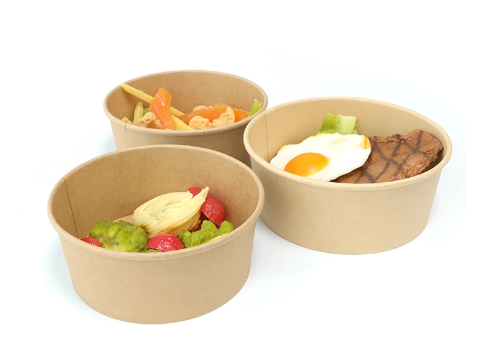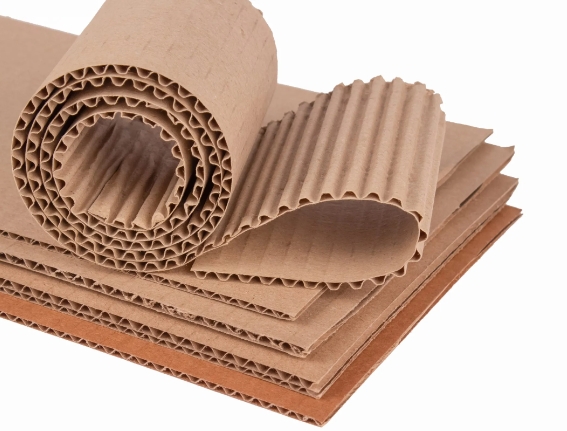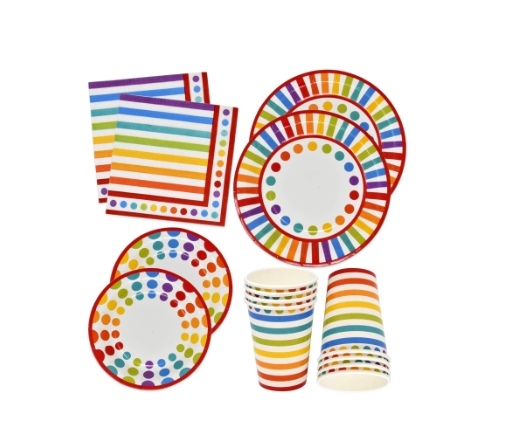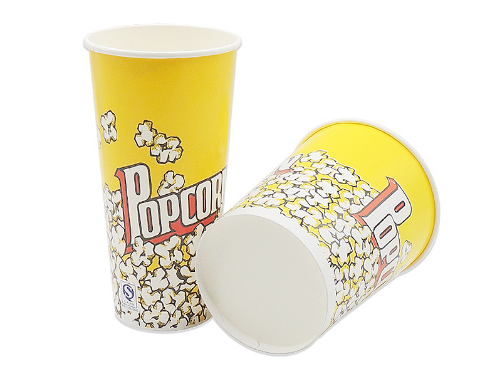Pros and Cons of Plastic
In the world of materials, plastic has gained immense popularity due to its numerous advantages. Let us delve into the pros and cons of this versatile substance.
Pros of Plastic
Plastic possesses a multitude of benefits that have made it a favored choice in various industries and applications. These advantages include:
 Durability and Longevity
Durability and Longevity
One of the key advantages of plastic is its remarkable durability and longevity. Unlike fragile materials like glass or paper, plastic is known for its strength and resistance to wear and tear. It stands firm against the test of time, making it ideal for long-term use.
Versatility and Adaptability
Plastic is a highly versatile material that can be molded and shaped into a myriad of forms. Its adaptability knows no bounds, as it can be transparent or opaque, rigid or flexible, and can come in a plethora of colors. This remarkable quality makes plastic suitable for a wide range of applications, from packaging materials to intricate automotive parts.
Water-Resistant and Weatherproof
Plastic is renowned for its water-resistant and weatherproof properties. Unlike materials like paper or fabric, plastic does not absorb moisture, rendering it impervious to damage caused by water or humidity. This remarkable characteristic makes plastic an ideal choice for outdoor applications, such as building materials or resilient outdoor furniture.
Cons of Plastic
Plastic, despite its numerous benefits, also comes with several drawbacks that have significant implications for the environment, human health, and wildlife. These cons, which have been a topic of much debate and concern, include:
Environmental Impact and Pollution
Plastic pollution, a grave environmental concern, has been known to contribute to the degradation of ecosystems and poses a threat to biodiversity. The careless disposal of plastic waste often results in its presence in rivers, oceans, and landfills, leading to the contamination of precious water sources and fertile soil. Furthermore, the production and disposal of plastic contribute to greenhouse gas emissions, exacerbating the already pressing issue of climate change.
Non-Biodegradability and Long Decomposition Time
One of the most troubling aspects of plastic is its inability to biodegrade naturally. Unlike organic materials, which break down over time and return to the earth, most plastics take hundreds of years to decompose. This means that they continue to occupy valuable space in landfills, preventing the proper decomposition of other organic waste. Additionally, as plastic slowly breaks down, it releases harmful chemicals into the environment, further endangering the delicate balance of our ecosystems.
Health Concerns and Chemical Leaching
Plastics, in their various forms, have been found to contain toxic chemicals such as phthalates, bisphenol A (BPA), and flame retardants. These chemicals have been linked to a range of health issues, including hormone disruption, reproductive problems, and certain cancers. Of particular concern is the risk of chemical leaching when plastic comes into contact with food or beverages, potentially contaminating the items consumed and posing a threat to human health.

Common Questions:
1.How does plastic impact the environment?
Plastic takes a long time to decompose, leading to the accumulation of non-biodegradable waste in landfills and oceans, posing a threat to wildlife and ecosystems. Plastic production and disposal also contribute to greenhouse gas emissions and climate change.
2.What are the disadvantages of plastic compared to biodegradable tableware?
Plastic is non-biodegradable, leading to long-lasting pollution and accumulation in landfills and oceans. It also contributes to the endangerment of wildlife, consumes finite fossil fuel resources, and has low recycling rates.
3.How should biodegradable tableware be disposed of?
Biodegradable tableware should be disposed of properly, taking into consideration their specific decomposition processes and potential environmental impact. Proper waste management and recycling practices are essential to minimize negative effects on ecosystems and wildlife.

Comparison of Biodegradable Materials with Plastic in Terms of Environmental Impact
To fully comprehend the potential benefits of
biodegradable tableware, it is essential to compare their environmental impact with that of traditional plastics. Unlike plastics, which can persist in the environment for countless years,
biodegradable tableware possess the inherent advantage of breaking down into natural elements within a relatively shorter period. This characteristic not only reduces the accumulation of waste but also minimizes the risk of long-term pollution. However, it is important to note that the production of
biodegradable tableware still requires a considerable amount of energy and resources, and their decomposition process may release greenhouse gases. Therefore, while
biodegradable tableware offer a more sustainable alternative to traditional plastics, it is imperative to exercise careful consideration to ensure their overall environmental impact is minimized to the greatest extent possible.
 Advantages of Biodegradable Tableware over Plastic
Biodegradable tableware
Advantages of Biodegradable Tableware over Plastic
Biodegradable tableware offer several benefits over traditional plastic. Firstly, they are derived from renewable resources such as plants, making them more sustainable and reducing dependence on finite fossil fuels. Secondly,
biodegradable tableware gracefully break down naturally over time, reducing environmental pollution and waste accumulation. Additionally, they have a lower carbon footprint and release fewer greenhouse gases during production and decomposition.
Hyde Group can provide you with the various
biodegradable tableware you want, including sugarcane bagasse tableware, cornstarch tableware, PLA tableware, paper cups, paper cup holder, etc., which has 12 years of export experience and has exported to more than 150 countries. If you already have some kind of
biodegradable tableware in mind, you can feel free to contact us to custom and wholesale, we will reply within 24 hours.
 6053
6053 273
273


 Advantages of Biodegradable Tableware over Plastic
Advantages of Biodegradable Tableware over Plastic The Diversity of Corrugated Boxes Packaging
The Diversity of Corrugated Boxes Packaging
 Health Concerns With Disposable Paper Plate Usage
Health Concerns With Disposable Paper Plate Usage
 Understanding PE Coated Paper
Understanding PE Coated Paper
 Versatile Bamboo Sticks: Types, Uses, and Benefits
Versatile Bamboo Sticks: Types, Uses, and Benefits